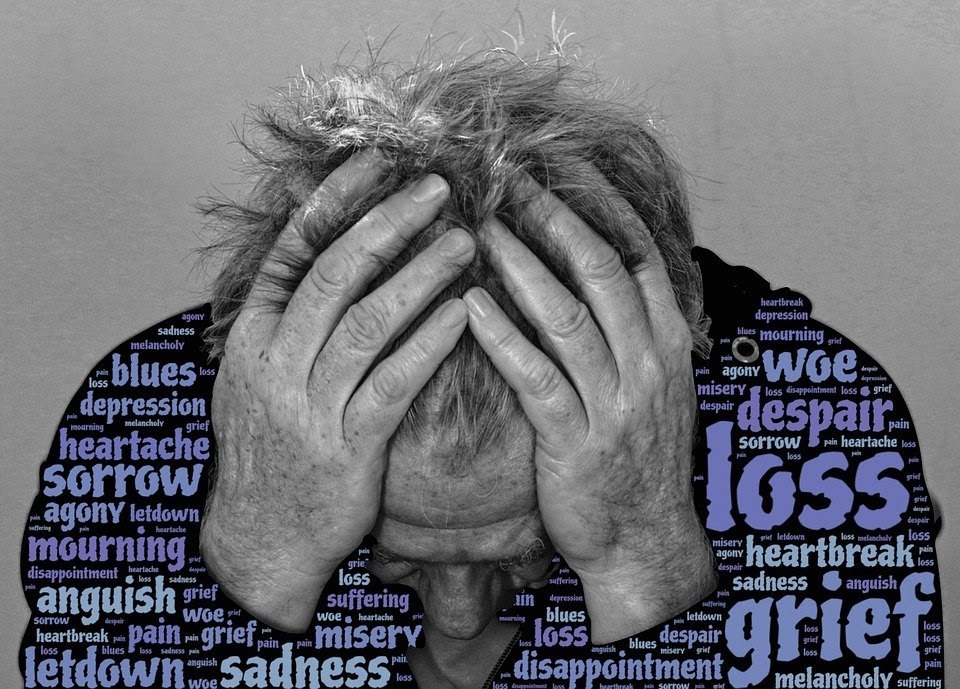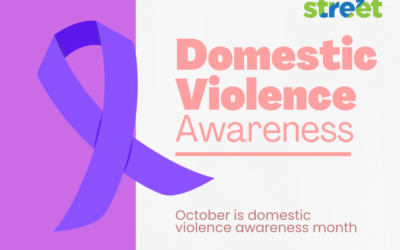Learn and Earn student
The 5 Stages of Grief and Ways to Deal With Them
Traumatic experiences in our lives dictate our feelings and emotions. They bring us sorrow and grief that stay with us for a very long time. The 5 stages of grief usually occur during this period of your life. The 5 stages of grief is a process you go through to mourn the distressing times. Seeking help early on is imperative and will save you a lot of suffering and isolation.
Denial
Denial is the state of not accepting that the traumatic event has happened. You may be disconnected to reality because you are living in a false world where (for example) you haven’t lost a loved one. The main thing to know is it’ll get better from here and you are not alone. The best way to cope with this is to acknowledge that it has, in fact, occurred without losing yourself in the process.
Anger
Anger is a strong feeling of displeasure and hostility. This stage can get very dangerous for the person going through it and others around them. You are most likely masking your emotions and deflecting your pain. It’s important to seek and ask for help, especially if things start to become violent or threatening to yourself/others. The best way to cope with this stage is to let out your emotions (in a safe way) whether you need to bawl your eyes out or smash a couple plates. Talking to someone through the pain will help greatly as well.
Bargaining
Bargaining is negotiating terms to reason with the situation/event. Phrases such as, “God, if you do this, I’ll never do that again” or “I’ll better myself if you bring them back.” It seems like a tactic to cope with the grief. Turning to a higher power helps people feel like they can gain back control and influence the situation. The best thing to do in this type of situation is to trust that you can’t undo or fix the circumstances, and talk to someone who can aid you through the pain.
Depression
Depression is the feeling of severe sadness. By this stage, you have acknowledged and recognized the reality of the situation. Because you have finally grasped it, you are taking in the emotions, mostly grief experienced from the outcome. The best way to cope with this is to find hobbies to distract yourself and deal with the pain. Another way is to talk to someone who can help you through the road to recovery.
Acceptance
Acceptance is finally realizing that what has happened has, indeed, happened and it’s time to let go. This stage is the final stage in the grief process one may be going through. It is accepting what’s happened and the person is ready to move on to a healthier and happier life. By this stage, the coping mechanisms should have worked, for you have reached the end of the grief. Talking to someone is very important when going through a traumatic experience, so don’t be afraid to reach out to a family member, friends, a trusted adult, or even our counselors at upstreetpgh.org.
These stages don’t need to happen exactly in this order. There is no right way to grieve and process the pain. You don’t even need to go through all five stages because everyone processes their heartache differently. If something is eating you up or you want to talk to someone about something that is upsetting you, you can chat with Upstreet for advice or just to vent your problems. This is a safe place to not feel judged for whatever you are feeling or going through.




